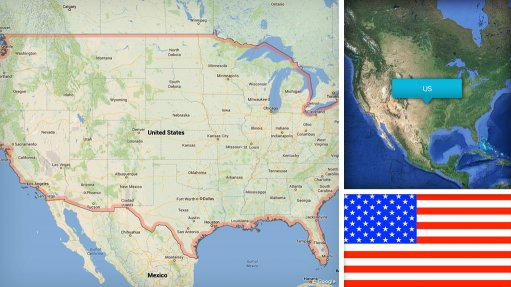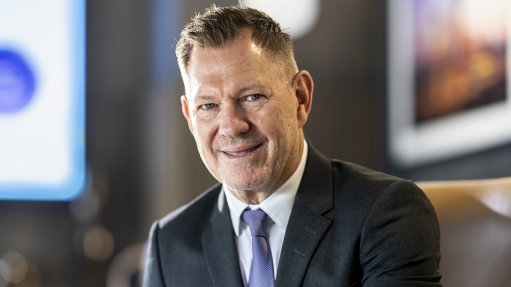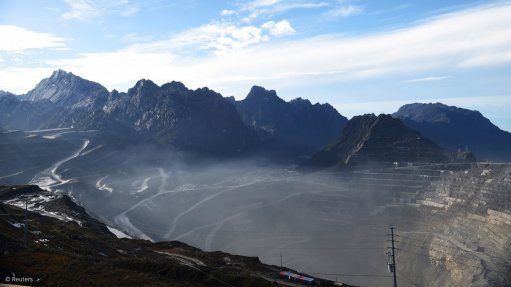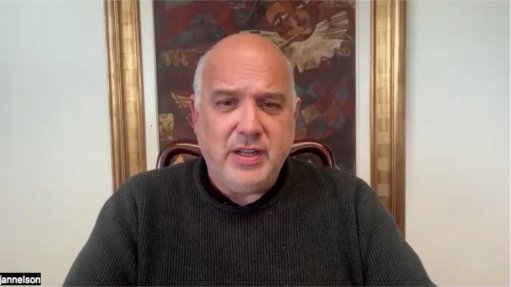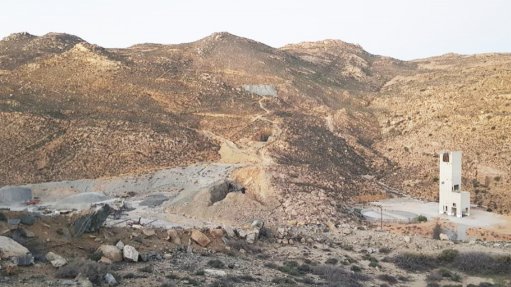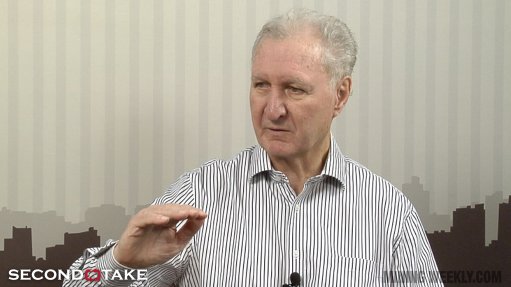African water Ministers unveil sanitation policy guidelines
The African Ministers’ Council on Water (AMCOW) has published the African Sanitation Policy Guidelines (ASPG) to support the development of new national sanitation policies across the continent or the updating of existing one.
The guidelines, developed in consultation with African Union (AU) member States and other water and sanitation sector partners across Africa, outline what is needed in a comprehensive sanitation policy, as well as potential implementation strategies.
“Although most countries in Africa have policies on sanitation, the majority do not incorporate all the elements of excreta management across the service chain and do not address general equity concerns to ensure that everyone has access to safely managed sanitation,” the document explains.
“Without an adequate sanitation policy that harmonises sector actions and mobilises resources and investments, it would be challenging for countries in Africa to achieve safely managed sanitation for their entire populations.”
The recommendations, which do not prescribe specific policies, but rather provide suggestions on policy positions based on the essential core elements of a functional sanitation policy, are intended to be applicable and adapted at country level across Africa, irrespective of varying contexts.
The document includes good practice suggestions, with specific examples to provide guidance on the ‘what’ question relating to policy, while guidance on the ‘how’ question of policy development describes the process of formulating comprehensive, locally relevant and supportive policies.
The ASPG, the conceptualisation and fundraising of which started in 2017, is AMCOW’s response to multiple requests for policy development assistance from member States of the AU.
The policy guidelines were conceived from the lessons learnt in undertaking country support between 2014 and 2016 when AMCOW supported four countries to review and revise their national sanitation policies.
In 2019, AMCOW conducted deeper analysis of sanitation policies and strategies across 26 countries, the results of which indicated that none of the countries had sanitation policies that adequately addressed the fundamental elements of the sanitation enabling environment needed to accelerate improvement.
The assessment revealed that five years into the era of the Sustainable Development Goals, close to 61% of the policies were still focused on the Millennium Development Goals.
“This brought the need for the development of standard sanitation policy guidelines to support policy development, review and revision,” AMCOW acting executive secretary Thomas Banda says.
“Namibia will be among the first countries to take advantage of the ASPG,” adds AMCOW president and Namibian Agriculture, Water and Land Reform Minister Carl Gustav Schlettwein.
“It is the plan of my government to ensure that Namibia develops a standalone sanitation policy from the combined Water Supply and Sanitation Policy of 2008,” he says.
Nigeria Water Resources Minister Suleiman Adamu says that Nigeria is faced with the task of providing access to at least basic sanitation for more than 100-million people and the ASPG offers a “huge opportunity” to accelerate that.
“Nigeria will use the ASPG to upgrade its Water Sanitation Policy of 2004 and work closely with the 36 units (states) so that each uses the ASPG to ensure that their policies are context-specific, aligned with the federal level policy and standard and adapted to the ASPG.”
“AMCOW is working to accelerate high-quality investment and leadership in sanitation through the ASPG which draws on the principle outlined in the World Health Organisation (WHO) for sanitation and health,” adds WHO DG Dr Tedros Adhanom Ghebreyesus.
United Nations Children’s Fund (UNICEF) executive director Henrietta Fore says that UNICEF is committed to working closely with these communities and with African Ministers to translate the ASPG into safe sanitation in more African communities.
“To start, we will roll out the guidelines in two countries this year, with more countries and regions to follow next year,” she says.
Comments
Press Office
Announcements
What's On
Subscribe to improve your user experience...
Option 1 (equivalent of R125 a month):
Receive a weekly copy of Creamer Media's Engineering News & Mining Weekly magazine
(print copy for those in South Africa and e-magazine for those outside of South Africa)
Receive daily email newsletters
Access to full search results
Access archive of magazine back copies
Access to Projects in Progress
Access to ONE Research Report of your choice in PDF format
Option 2 (equivalent of R375 a month):
All benefits from Option 1
PLUS
Access to Creamer Media's Research Channel Africa for ALL Research Reports, in PDF format, on various industrial and mining sectors
including Electricity; Water; Energy Transition; Hydrogen; Roads, Rail and Ports; Coal; Gold; Platinum; Battery Metals; etc.
Already a subscriber?
Forgotten your password?
Receive weekly copy of Creamer Media's Engineering News & Mining Weekly magazine (print copy for those in South Africa and e-magazine for those outside of South Africa)
➕
Recieve daily email newsletters
➕
Access to full search results
➕
Access archive of magazine back copies
➕
Access to Projects in Progress
➕
Access to ONE Research Report of your choice in PDF format
RESEARCH CHANNEL AFRICA
R4500 (equivalent of R375 a month)
SUBSCRIBEAll benefits from Option 1
➕
Access to Creamer Media's Research Channel Africa for ALL Research Reports on various industrial and mining sectors, in PDF format, including on:
Electricity
➕
Water
➕
Energy Transition
➕
Hydrogen
➕
Roads, Rail and Ports
➕
Coal
➕
Gold
➕
Platinum
➕
Battery Metals
➕
etc.
Receive all benefits from Option 1 or Option 2 delivered to numerous people at your company
➕
Multiple User names and Passwords for simultaneous log-ins
➕
Intranet integration access to all in your organisation







